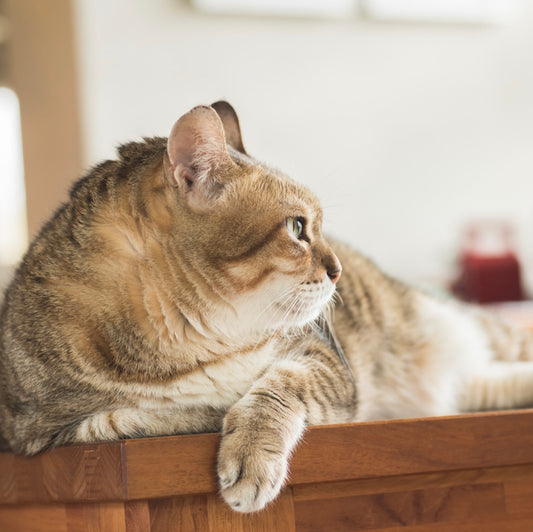
When I hug a stuffed toy, I somehow feel at ease and relaxed...
I'm sure many of you have experienced this feeling as a child.
The healing effects of stuffed animals have actually been recognized, and they are used in a variety of fields as stuffed animal therapy.
Stuffed animal therapy is an approach that uses stuffed animals to provide psychological comfort and healing. It is actually being adopted in many hospitals and facilities.
It is said that keeping a stuffed animal close by and hugging and stroking it whenever you want can help reduce feelings of stress, anxiety, loneliness, and sadness.
The soft texture and natural warmth of the material are said to help release the happiness hormone oxytocin in the brain, stabilizing a person's emotions.
Furthermore, stuffed toys are also known to have a soothing effect on people who have lost a pet, those with HSP, and those with dementia.

When you're struggling with pet loss
For those who have lost a beloved pet and are struggling to recover from the loneliness and grief, stuffed animals can provide emotional support as a substitute for the deceased pet.
Hugging a stuffed animal can help you feel a sense of security and healing, while crying a lot and reminiscing about old memories, helping you gradually recover from your sadness.
For daily stress management for HSPs
HSPs are highly sensitive and easily become fatigued by various environmental stimuli such as everyday sounds, voices, and light.
However, it is precisely because of their rich sensitivity that they are able to receive a deep sense of security through the gentle stimulation of stuffed toys.
The relaxing effect of the fluffy texture and softness helps to stabilize emotions.
For people with dementia
For people with dementia, the gentle form and presence of a stuffed animal can provide a sense of security and help reduce anxiety and confusion.
Hugging a stuffed animal can also help connect you to past memories and emotions, and is used as a form of communication.



